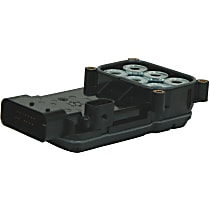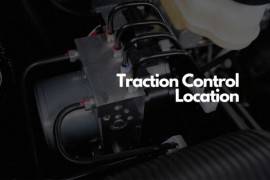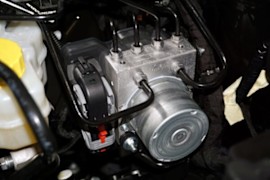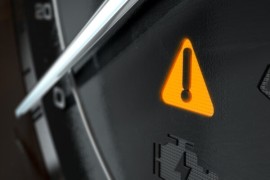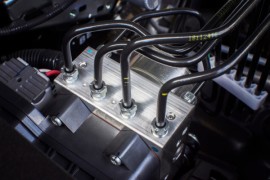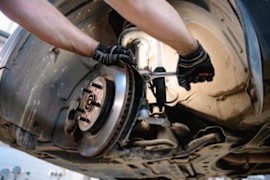{
"lazyNodes": false,
"abFitnotesFlag": false,
"abCrawlReviews": false,
"productOptionsCookie": false,
"orderDelayFlag": false,
"skipSessionCookie": false,
"covidMessage": false,
"fullTitleCookie": false,
"nrLoggerCookie": false,
"checkoutReviewCookie": false,
"productOptionSeqCookie": false,
"maintenanceFlag": false,
"bufferETACookie": false,
"multiShippingDiscountFlag": false,
"newFitmentFlag": false,
"surveyOptInFlag": false,
"crossSellFlag": false,
"skuMappingFlag": false,
"paySplitCookie": false,
"callDisableFlag": false,
"zipPaymentFlag": "u",
"hassleFreeReturn": false,
"lifetimeReplacement": false,
"cpn_off": false
}Need Help? Call Us1-866-529-0412
2004 Ford Excursion
2004 Ford Excursion ABS Control Modules
Refine by:
Shop Catalog
Showing 1 - 1 of 1 results
Sort by:
Part Number: A11210247
Guaranteed to Fit
$396.49
+ $90.04 Refundable Core Charge
Vehicle Fitment
- 2004 Ford Excursion Eddie Bauer All Engines Rear Wheel Drive
- 2004 Ford Excursion Limited All Engines Rear Wheel Drive
- 2004 Ford Excursion XLS All Engines Rear Wheel Drive
- 2004 Ford Excursion XLT All Engines Rear Wheel Drive
Product Details
Warranty : Lifetime A1 Cardone limited warrantyQuantity Sold : Sold individuallyProp 65 Warning :
![]() WARNING: This product can expose you to chemical which is known to the State of California to cause cancer and birth defects or other reproductive harm. For more information go to www.P65Warnings.ca.gov.
WARNING: This product can expose you to chemical which is known to the State of California to cause cancer and birth defects or other reproductive harm. For more information go to www.P65Warnings.ca.gov.
Page 1 of 1 | Showing 1 - 1 of 1 results
Popular Products

A1 CardoneReman Series ABS Control Module, RemanufacturedManufacturer #12-10247
( Reviews) Questions, Answers
A1 CARDONE REMAN OE REPLACEMENT ABS CONTROL MODULES
Restore trouble-free functionality to your ride with the perfect fit and lasting dependability of A1 CARDONE’s remanufactured OE replacement ABS control modules. A1 CARDONE supplies the automoti...
Product Questions & Answers
Q:Someone already asked this but was never truly answered. Does part #12-10247 work on a 2wd and a 4wd. It never asked this when you are selecting vehicle options, it only asked about engine. I need one for a 4wd? Show Less
Jimmy
A:BEST ANSWERHi James, thank you for reaching out. No, the fitment information lists it for RWD(Rear-wheel drive) vehicles which are 2WD. Kindly call our parts team at 1-866-529-0412 and provide your vehicle information so we can assist you in looking for parts. Have a good one! Show less
Andrew B.
2 Questions, 1 AnswerView all Q&As >
Helpful Automotive Resources
Where is Traction Control Located?Traction control engages when one wheel is spinning and the other one isn’t due to differential action. If you’ve ever tried to take off on slippery pavement, in mud, on ice, or in wet grass, you’ve experienced this.
Rebuilt vs. Used ABS Modules: What You Need To KnowReplacing or repairing your vehicle’s ABS module is no small expense. It can be pricey, which is why it’s important to be sure your ABS module is damaged or inoperative before committing to replacing or repairing it.
Understanding Dashboard Warnings: What Does a Triangle With an Exclamation Point Mean?A triangle with an exclamation point is called the master warning light or general warning light.
U3000 Code: Control ModuleThese control modules send information to each other and the PCM through the CAN. A type of communication bus developed exclusively for automotive use, the CAN removes the need for a host or master controller while enabling controllers to talk with each other.
P0856: Traction Control Input SignalA control module (typically the ABS module), ABS wheel speed sensors, and the ABS hydraulic control unit are important components of both systems. A typical hydraulic control unit consists of a series of solenoid valves and a pump motor that work together to modulate fluid pressure to the brakes.
How Long Does a Brake Job Take? Plus FAQsA complete brake job has an estimated labor time of anywhere between four and six hours, depending on several factors. These factors generally include the type of vehicle, the extent of damages, and the skill level of the mechanic.
